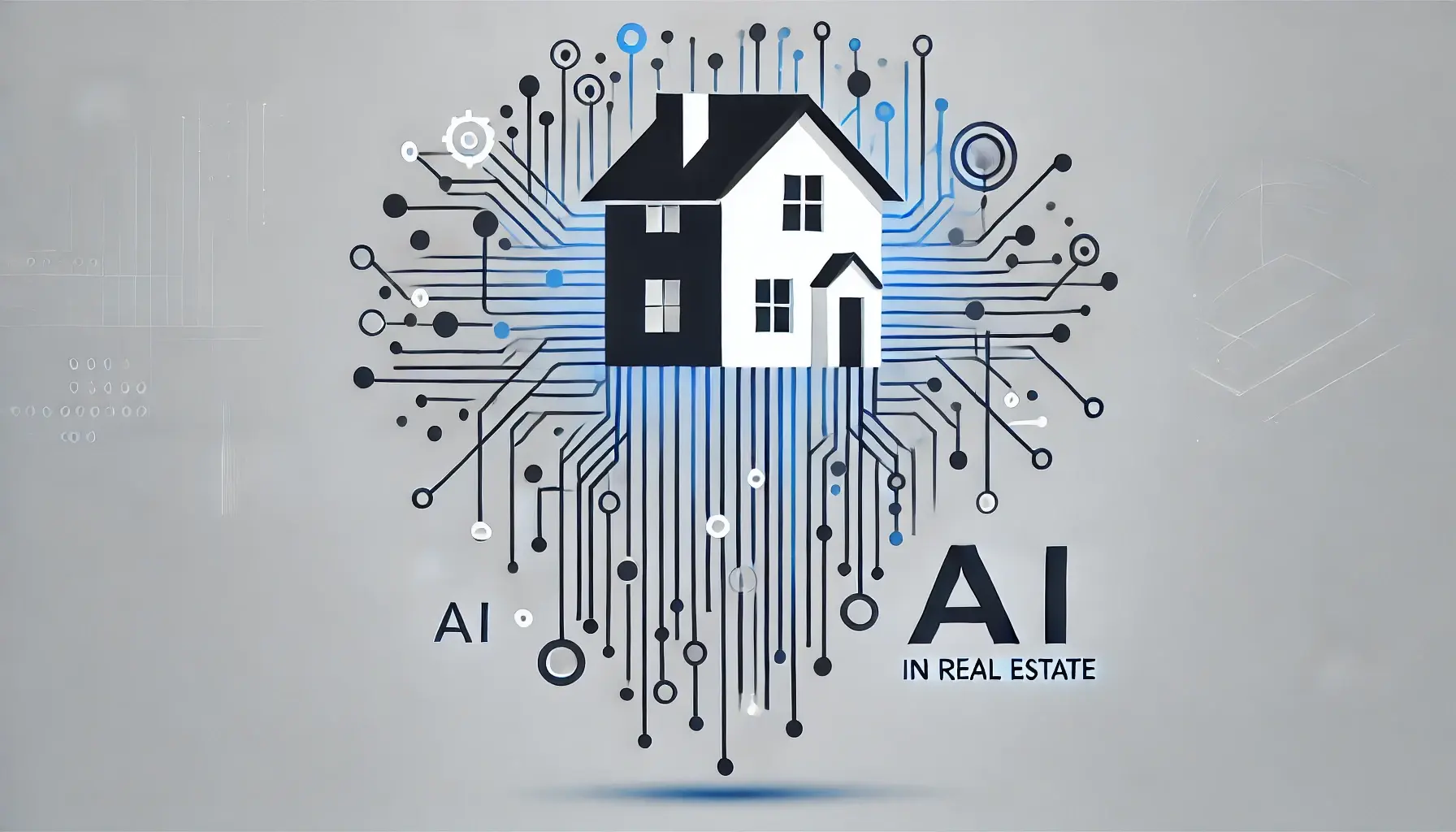In today's competitive market, ensuring each interaction is of the highest quality is essential. AI for real estate call quality scoring is revolutionizing the way agents evaluate their communications, providing actionable insights from call transcripts. By leveraging AI technology, real estate professionals can analyze conversations like never before, turning mundane calls into quality touchpoints that build trust and foster relationships. Let’s dive into how this innovative approach is changing the landscape of real estate communications!
Understanding AI in Real Estate
Artificial Intelligence (AI) has become an integral part of the real estate sector, driving innovations that enhance both client experiences and agent efficiency. At its core, AI refers to the simulation of human intelligence in machines programmed to think and act like humans. In real estate, this means automated systems can analyze vast datasets, predict market trends, and streamline various processes.
The applications of AI in the industry are manifold. From predictive analytics that forecast market behavior to customer relationship management (CRM) tools that offer personalized interactions, AI is transforming how real estate professionals operate. These enhancements not only improve operational efficiency but also tailor services to meet client expectations more precisely.
Moreover, AI contributes significantly to customer experiences. By understanding client needs and preferences through data analysis, agents can offer targeted services that resonate with potential buyers or sellers. This responsiveness fosters trust and satisfaction, leading to stronger relationships and higher retention rates.
Call Quality Scoring Explained
Call quality scoring is an essential aspect of evaluating client interactions, especially in a sector as dynamic as real estate. But what exactly does it entail, and why is it crucial? Essentially, call quality scoring involves analyzing recorded calls using a defined rubric to determine their effectiveness in meeting client needs.
Several key metrics can be employed to evaluate the quality of calls in real estate. These metrics often include the clarity of communication, compliance with company standards, and the ability to address client concerns effectively. High-quality calls not only reflect well on agents but directly impact client satisfaction and sales outcomes.
The importance of call quality cannot be overstated. Research shows that effective communication leads to improved client trust, faster sales processes, and ultimately, increased revenues. In a market where relationships are paramount, ensuring each call meets quality standards can significantly influence success.
The AI-Driven Call Quality Scoring Process
So, how does AI facilitate call quality scoring? The process begins with the extraction of relevant data from recorded call transcripts. AI algorithms, especially those leveraging natural language processing (NLP), analyze the text for context, sentiment, and compliance with established scoring rubrics.
The scoring methods utilized can range from simple numeric scores to more complex analytics that assess different aspects of a conversation. For instance, agents may be evaluated on their adherence to scripts, their capacity to listen and respond to client queries, and their overall conversational tone. By systematically assessing these factors, real estate firms can gain deep insights into how their agents perform.
Integrating AI insights into training and development strategies is another crucial aspect. By identifying specific areas where agents excel or struggle, firms can tailor their coaching efforts accordingly. AI-driven insights help create personalized development plans, ensuring that agents improve their communication skills in targeted ways.
Benefits of AI-Powered Call Quality Scoring in Real Estate
The benefits of implementing AI-driven call quality scoring in real estate are manifold. One of the most pronounced advantages is increased accountability and performance tracking for agents. With clear scoring metrics in place, agents can understand how their calls are assessed and where they might need improvement.
Moreover, personalized coaching becomes a practical reality with AI insights. Rather than relying on generalized training programs, firms can provide coaching that is specifically tailored to the weaknesses of individual agents. This focused approach not only enhances skills more efficiently but also motivates agents by showing them that their development is taken seriously.
Data-driven decision-making also plays a pivotal role in improving client interactions. By analyzing call data, firms can identify trends and patterns in client behavior, preferences, and feedback. This information becomes invaluable when strategizing future marketing efforts or refining service offerings.
Navigating the Future of AI in Real Estate
The future of AI in real estate looks promising, especially as the technology continues to advance. Innovations in voice recognition, sentiment analysis, and predictive analytics will likely further enhance the way agents interact with clients. As real estate professionals increasingly adopt AI communication tools, conversations will become more informed and impactful, leading to improved client experiences.
Moreover, as the industry continues to evolve, integrating AI with other technologies like chatbots and automated call tracking will offer even greater efficiencies. Real estate firms that harness these advancements will not only stay competitive but will also position themselves as leaders in customer service.
In summary, the integration of AI for call quality scoring is transforming how real estate professionals communicate with clients. By implementing AI-driven strategies, agents can enhance their interactions to build trust, foster relationships, and ultimately drive their success in the industry. As we move through 2024 and beyond, embracing these innovative tools will be essential for any real estate firm looking to thrive in a digitally connected landscape.
--
AI for real estate call quality scoring is more than just a technological advancement; it's a game-changer that transforms the way agents interact with clients. By harnessing the power of AI to analyze and score call transcripts, real estate professionals can gain valuable insights that drive performance and satisfaction. If you're looking to elevate your real estate business in 2024, consider implementing AI strategies to ensure every call counts. Start your journey today and unlock the full potential of your client interactions!





